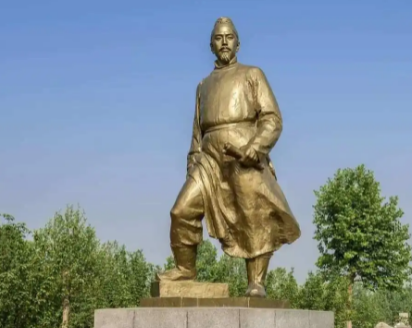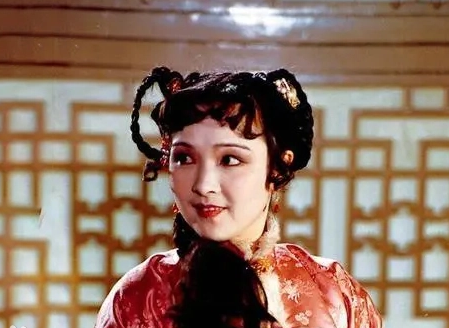In Chinese history, the turnover of dynasties is often accompanied by attempts to restore the old regimes. However, after the fall of the Western Jin Dynasty, the Sun Wu Kingdom, once one of the Three Kingdoms, failed to restore its sovereignty. The reasons behind this deserve in-depth exploration. This article will analyze the political environment, military strength, and internal contradictions at that time to discuss the reasons why Sun Wu failed to restore its sovereignty.

First, we need to understand the fall of the Western Jin Dynasty. After experiencing the Rebellion of the Eight Princes, the Western Jin Dynasty's national strength was greatly reduced, ultimately collapsing completely in the Yongjia Calamity. This event led to turmoil in the Central Plains, the beginning of the Five Dynasties and Ten Kingdoms period, and a long period of warfare in the north. Against this backdrop, the Jiangdong region where Sun Wu was located should have had an opportunity to restore its sovereignty, but this was not the case.
The primary reason lies in the internal conflicts and turmoil of the Sun Wu regime. Although Sun Wu was once ruled by Sun Quan, after his death, internal conflicts within Sun Wu gradually emerged. The involvement of powerful officials in government affairs, and constant fighting between royal clans, led to a significant decline in the stability of the regime. By the time the Western Jin Dynasty fell, Sun Wu had already experienced numerous coups and internal strife, and the foundation of its regime had been shaken.
Secondly, Sun Wu's military strength was insufficient to support the restoration of its sovereignty. Although Sun Wu had a powerful navy, it lacked prowess in land warfare. Facing pressure from the north, Sun Wu's army was unable to effectively resist. In addition, long-term warfare consumed a significant amount of resources, making Sun Wu's military advantage no longer apparent.
Furthermore, the great migration of ethnic groups at that time also posed a tremendous pressure on Sun Wu. Ethnic groups from the north poured southward, with strong combat capabilities and high mobility, posing a significant threat to Sun Wu. Under such circumstances, Sun Wu's living space was severely squeezed, and its dream of restoration became increasingly remote.
Finally, Sun Wu's political influence had greatly diminished. During the Three Kingdoms period, Sun Wu was once a dominant power, but over time, its political influence gradually waned. After the fall of the Western Jin Dynasty, although Sun Wu still had a certain amount of influence, it was no longer sufficient to command the world, nor could it rebuild its former glory.
In summary, there are multiple reasons why Sun Wu failed to restore its sovereignty. Internal conflicts weakened the stability of the regime, military strength was insufficient to cope with external threats, pressure from the great migration of ethnic groups, and the decline of political influence all contributed to Sun Wu's inability to restore its sovereignty after the fall of the Western Jin Dynasty. This historical phenomenon reflects the complex political, military, and ethnic relations in ancient China and provides a valuable perspective for us to understand historical changes.
Disclaimer: The above content is sourced from the internet and the copyright belongs to the original author. If there is any infringement of your original copyright, please inform us and we will delete the relevant content as soon as possible.






























